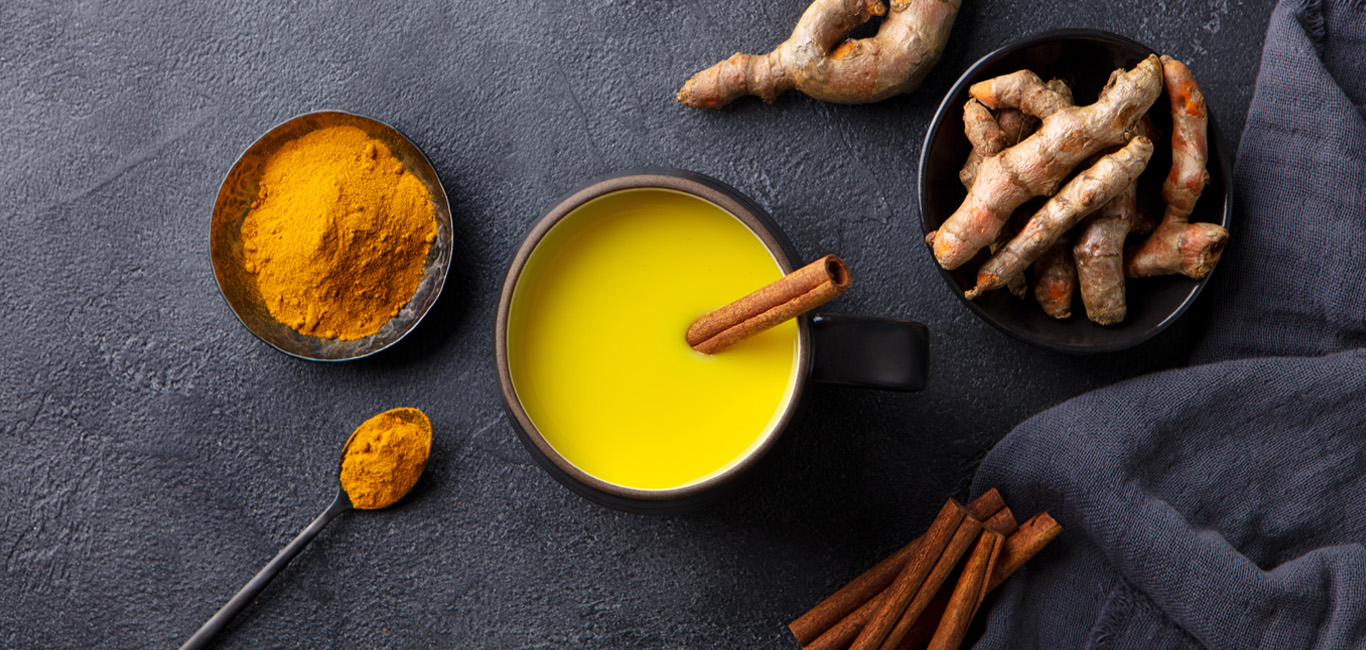
The National Institute of Nutrition recommends an additional 375 Kcal over the regular requirement of 1800 Kcal during the second and third trimesters of pregnancy for an average Indian woman. However, this is an average count and it is always advised to consult the nutritionist before making any dietary change.
Although the adage of `eat for two’ is not entirely correct, pregnancy does emphasise consuming nutrients like iron, calcium, minerals and proteins.
The sources of these nutrients are also important. What it means is that pregnant women do not have to double the quantity of food that they eat. They could just choose what to eat and prepare their body to carry a healthy baby to term.
There is no magic formula for a healthy pregnancy regimen. In fact, the basic principles of healthy eating remain the same – plenty of fruits, vegetables, whole grains, lean protein and healthy fats. This, combined with light exercises, is what experts advise.
Why extra nutrition
Explaining why the body needs extra nourishment, Kolkata-based dietitian Chetu Singhi says, “The volume of blood increases during pregnancy to accommodate the new tissues in the woman’s body. With this, the concentration of haemoglobin and other constituents of blood reduces. As the foetus grows, the woman’s body needs additional nutrition to prevent anaemia.” Thus, one needs extra supplies of calcium, Vitamin D and iron during pregnancy – to support the baby.
A review of literature on optimising diet during pregnancy, published in the journal Nutrients of June 2016, cautions that deficiencies of vitamins, proteins and polyunsaturated fats (omega-3 fatty acids) can adversely affect foetal development.
Citing epidemiological evidence, the study notes that undernutrition or overnutrition of a pregnant woman and the composition of her diet have a direct bearing on foetal and placental growth. Intake of excess calories is associated with miscarriage, diabetes i.e. high blood sugar, and pre-eclampsia or high blood pressure during pregnancy.
Diet essentials
Singhi explains, “A full-term foetus has about 30 g of calcium drawn from the mother. Intakes lower than this may cause calcium to leech from the reservoirs in the bones.” Calcium is needed to prevent pre-eclampsia, pre-term birth before 37 weeks, and to improve maternal and infant bone health, she adds.
Some known good sources of calcium are dairy products, or fortified plant-based milk like soy milk, amaranth, fenugreek, kale, lentils, pulses like Bengal gram (chana dal or kadale), whole kidney beans (rajma), milk, gingelly seeds and fish.
Hong Kong–based certified fertility and prenatal dietitian, Violet Hon Man, describes calcium as ‘the building block for bones and teeth’. The mineral also reduces hypertension among pregnant women.
According to her, Vitamin D helps to maintain optimal levels of calcium and phosphate, and builds muscle and bone strength in the foetus. While sunlight is a good source of Vitamin D, it is also available in foods like oily fish, fortified milk, cereal and eggs.
Iron is an essential nutrient for foetal growth and brain development. Iron helps decrease the risk of low-birth weight babies and prevents anaemia in mothers, says Hon Man. Foods like red meat, pork, lamb, seafood, spinach, legumes and lentils are all rich in iron.
Including omega-3 fatty acids in the diet is an effective way to avoid preterm births. A meta-analysis published in 2018 found that foods containing omega-3 fatty acids reduce early pre-term birth i.e. before 34 weeks. It also reduces the risk of miscarriages. Fish, seafood and nuts like chia, flaxseed and walnuts are rich sources.
Hon Man lists other essential nutrients:
Folate: An essential input for healthy cell division and DNA synthesis, it also reduces the risk of neural tube defects. Green leafy vegetables, legumes, lentils, citrus fruits, banana, papaya, avocado, fortified cereals and bread are good sources of folic acid.
Choline: It is important for neurodevelopment. Egg, meat and seafood are recommended sources.
Iodine: It is required for optimal functioning of both mother’s and foetus’ thyroid glands. It is also important for the development of brain, nervous system development and metabolism of the foetus. It is found in seafood, fish, strawberries, cranberries and seaweed.
Zinc: This mineral is crucial for supporting a healthy immune system and is available in meat, oyster, scallop, mushrooms, spinach and broccoli.
Importance of exercise
Exercise is recommended to keep the body active and fit but in a moderate and controlled manner.
It offers a host of benefits for pregnant women, especially in the first trimester when it can reduce morning sickness, improve sleep, and stabilise mood swings. It helps to avoid weight gain, keep gestational diabetes at bay, relieve stress and build the stamina needed for delivery.
Singhi explains, “Maximum weight gain occurs only during the second and third trimesters. This is a period of maximum foetal growth. Additional tissue growth in the maternal body takes place only after the fourth month.”
The National Health Service, UK, says women who are active are less likely to face problems during pregnancy and after giving birth than those who do not exercise. It suggests that women should follow their normal pre-pregnancy physical routine as long as they feel comfortable with it. While exercise is not dangerous for the foetus, pregnant women should avoid strenuous routines, NHS says.
Hon Man agrees that activities like yoga, walking, running, and dancing are good during pregnancy if they do not make the women breathless. Some useful exercises are pelvic tilts, stretches and those that strengthen the stomach muscles. Singhi advises against activities that require jumping, heavy lifting or strenuous movements.
Exercise tips
- Always warm up before exercising
- Relax for some time afterwards
- Maintain daily regularity
- Exercise for as long as you can but not for very long
- Avoid strenuous workouts or those that have a risk of falling
- Swimming is recommended as water supports the pregnant woman’s increased weight
- Keep yourself hydrated

















